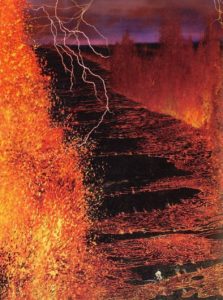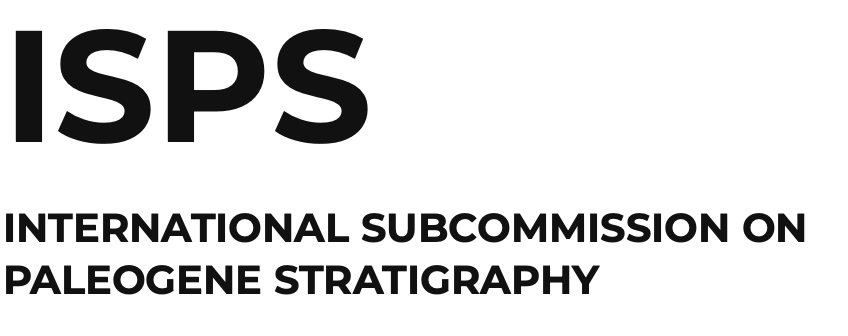On 7 March, for the Geological Society, Paul Wignall and David Bond will convey in London the 2018 edition of the Lyell Meeting, dedicated to “Mass extinctions – understanding the world’s worst crises“.
The study of mass extinctions is one of the most interdisciplinary research areas within Earth and environmental sciences, and one that matters to understanding the aftermath of the K-Pg event. Recent, major advances have come from a broad spectrum of fields, including atmospheric modelling, high-precision age dating, volcanology, geochemistry, stratigraphy and palaeontology. Lyell Meeting 2018 aims to highlight these achievements and showcases the improved understanding we now have of the great environmental catastrophes of the past. The Meeting aims to encompass the full spectrum of crises seen in the Phanerozoic fossil record.

Providing a platform to assess the current stratigraphic and geochemical records of environmental change during mass extinction events and the role of atmospheric climate modelling in understanding the causes of the crises, the 2018 Lyell Meeting seeks to evaluate the relative importance of environmental changes in major episodes of species extinctions, and to further explore the mechanisms that link these proximal kill mechanisms to the ultimate drivers, such as large igneous province eruptions or meteorite impacts. This will be an opportunity to hear research developments happening in diverse disciplines applied to all mass extinction events.
Find more at the website of Lyell Meeting 2018, or follow on Twitter #lyell18.

